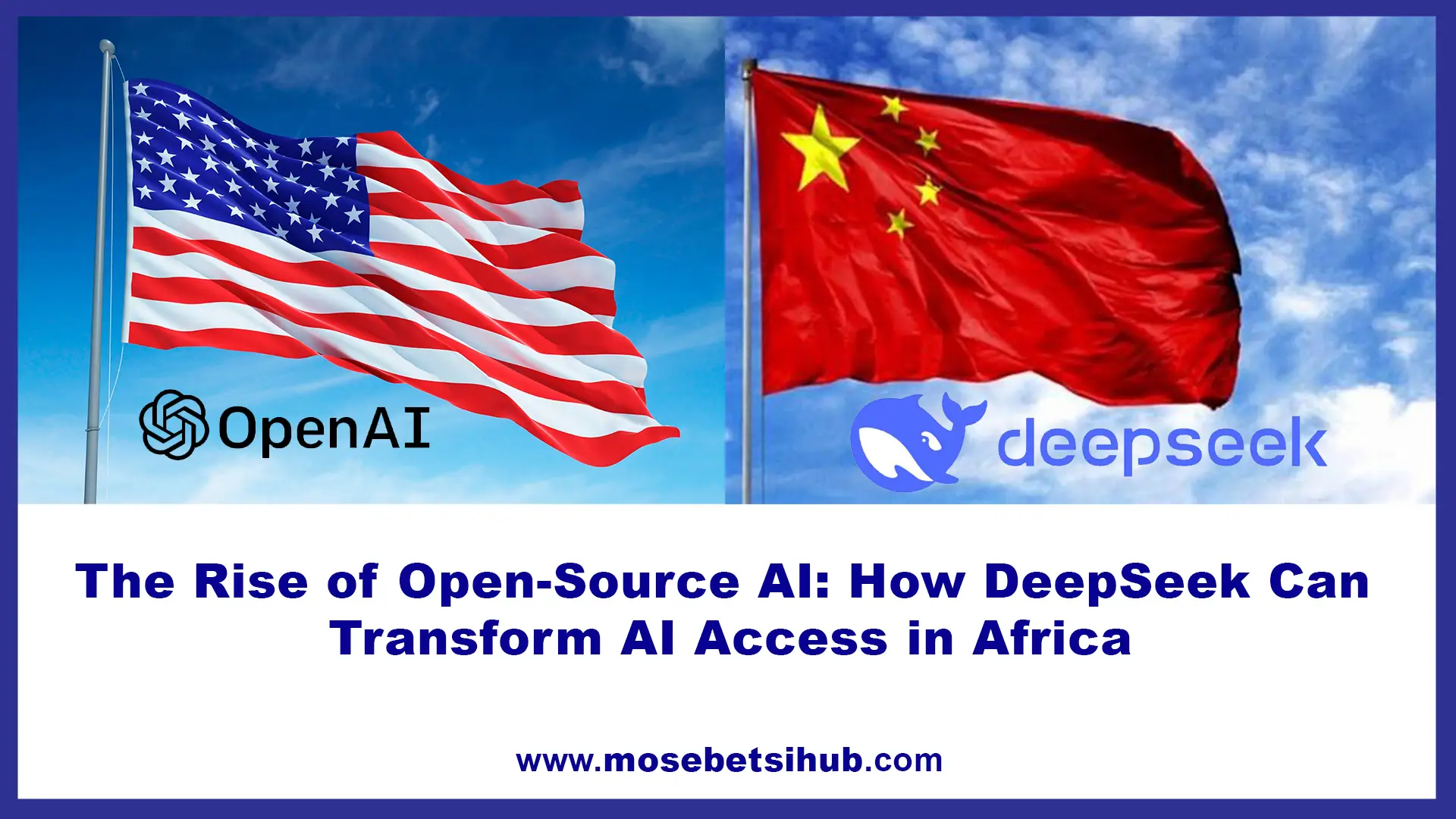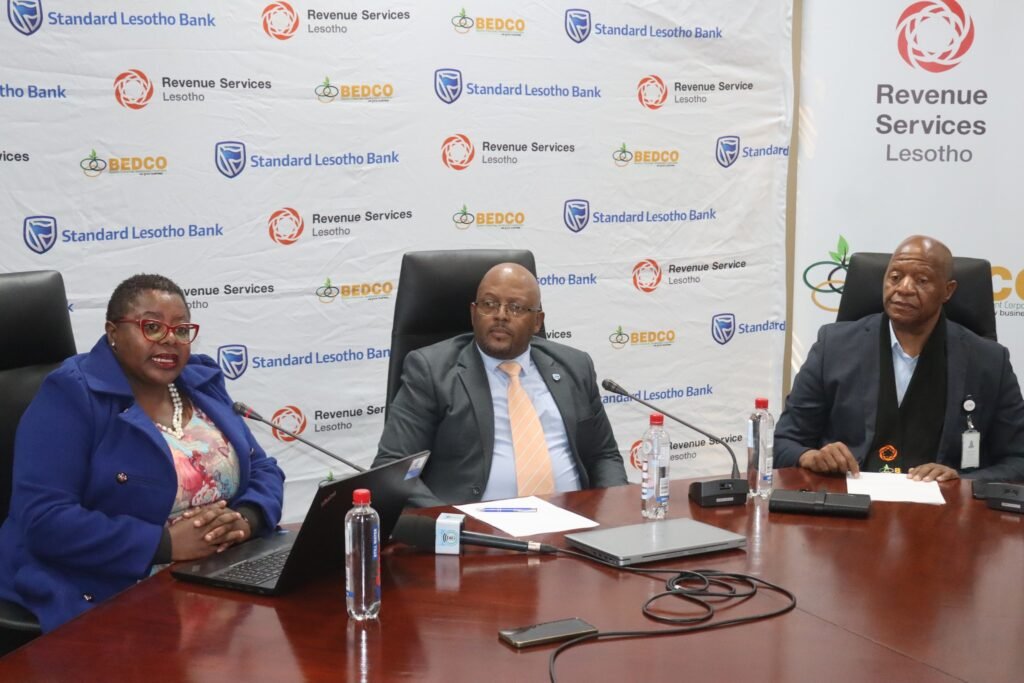
Artificial Intelligence (AI) has the power to revolutionize industries, improve economies, and drive innovation. However, many African countries have been left out of the AI revolution due to restrictive policies from US-based AI companies like OpenAI, which often prohibit access to their models due to regulatory concerns. This has created a digital divide, limiting opportunities for developers, researchers, and businesses across the continent. But the recent open-sourcing of DeepSeek, a powerful Chinese AI model, presents a game-changing opportunity. Unlike proprietary AI systems, open-source AI allows unrestricted access to advanced models, enabling more inclusivity and innovation in regions previously marginalized. Here’s how DeepSeek’s open-source nature can impact AI adoption and development in Africa:
Bridging the AI Access Gap
One of the biggest challenges African nations face in AI development is restricted access to advanced AI models. OpenAI, Google, and other major AI players impose access limitations, making it difficult for African startups and researchers to leverage the latest advancements. DeepSeek’s open-source model eliminates these barriers, offering a freely accessible alternative that levels the playing field.
Empowering Local AI Development
With unrestricted access to DeepSeek, African developers and businesses can experiment, fine-tune, and deploy AI applications tailored to local needs. This could lead to the creation of AI-powered solutions in areas like healthcare, agriculture, finance, and education—sectors that can benefit immensely from AI-driven insights and automation.
Reducing Dependence on Foreign AI Infrastructure
Many African AI startups rely on cloud-based AI models hosted by Western companies. Due to sanctions and restrictive policies, some of these services are either unavailable or expensive. Open-source models like DeepSeek allow local hosting and self-reliant AI development, reducing dependence on foreign infrastructure.
Encouraging AI Research and Innovation
Open-source AI fosters a culture of experimentation and innovation. African universities, research institutions, and independent AI labs can now study and build on DeepSeek’s architecture, leading to new AI breakthroughs. This can help in training models that understand African languages, dialects, and cultural contexts better than Western AI models.
Boosting AI Education and Skills Development
AI education in Africa has been hindered by limited access to real-world models for hands-on learning. Open-source AI like DeepSeek enables students and professionals to experiment with real models, accelerating AI skill development. This could lead to a new generation of AI engineers and researchers emerging from Africa.
Strengthening AI Policy and Ethical AI Development
By having access to open-source AI models, African nations can contribute to the global AI conversation and develop their own AI policies. Governments and policymakers can use these tools to create ethical AI frameworks that prioritize African interests, ensuring that AI development aligns with local values and needs.
Challenges and Considerations
While DeepSeek presents numerous advantages, there are challenges to consider:
– Computational Power: Running large AI models requires significant computational resources, which may still be a barrier for some African startups.
– Data Privacy and Security: Open-source models need responsible deployment to prevent misuse or ethical concerns.
– Adoption and Awareness: Many businesses and developers in Africa may not yet be aware of DeepSeek and other open-source AI alternatives.
Conclusion
The open-sourcing of DeepSeek marks a significant shift in AI accessibility. For African countries, it’s a crucial step toward AI independence, innovation, and inclusion in the global AI landscape. By embracing open-source AI, Africa has a unique opportunity to develop homegrown solutions, nurture local talent, and reduce reliance on Western AI monopolies.
As AI continues to shape the future, initiatives like DeepSeek will determine how equitable and inclusive that future will be. African governments, developers, and businesses must seize this opportunity to create an AI ecosystem that truly serves the continent’s needs.
In our previous post we delved deeper on how to leverage AI to land the best remote jobs in 2025.



